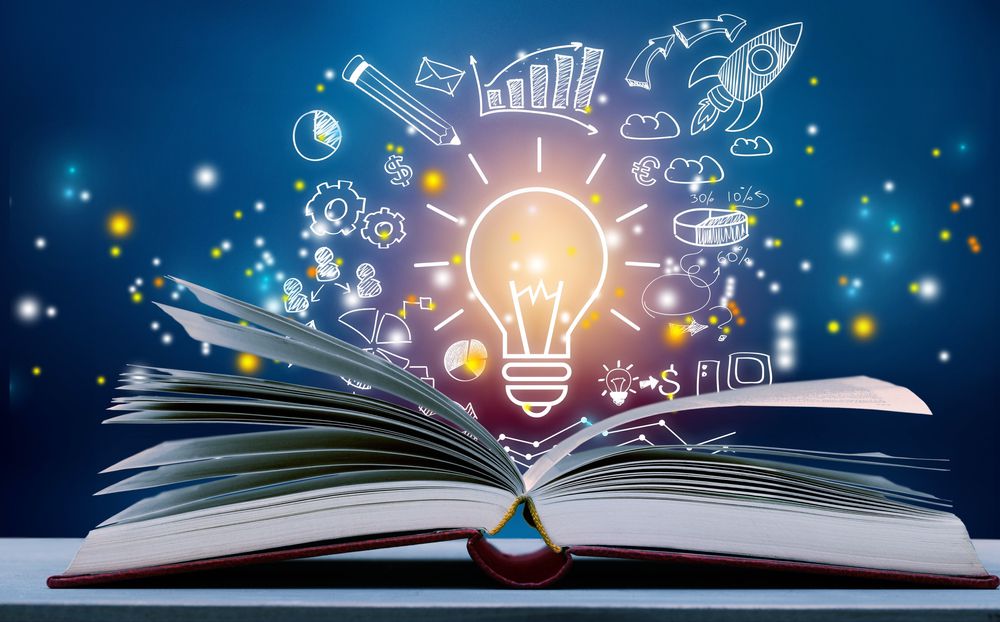By Metohuey Adoglo
In today’s fast-paced, interconnected world, digital literacy has emerged as a vital skill for individuals and nations alike. Nowhere is this more evident than in Africa, where the fusion of technology and cultural knowledge is transforming educational landscapes and empowering communities.
Read More: Addressing Gaps by Empowering a New Generation of Changemakers
Digital literacy, the ability to access, evaluate, and utilize digital resources effectively, holds immense potential for Africa’s cultural heritage. By embracing technology, Africans can preserve and disseminate their diverse traditions, languages, and histories to the world. Online platforms, social media, and digital archives provide an opportunity to bridge the gaps created by physical barriers, enabling Africans to showcase their rich cultural tapestry.
Moreover, digital literacy fosters cultural exchange and intercultural understanding. It facilitates dialogue among different ethnicities, promotes inclusivity, and nurtures a sense of belonging. By harnessing the power of technology, Africans can revive fading traditions, encourage cultural expression, and bridge the generation gap.
However, bridging the digital divide is imperative. Access to affordable and reliable internet infrastructure, coupled with comprehensive digital literacy training, is crucial for equitable dissemination of cultural knowledge. Governments, educational institutions, and private entities must collaborate to provide the necessary resources and empower Africans to navigate the digital realm confidently.
Read More: The Way for a Thriving & Inclusive Economy –Mara Zhanet Michelo
Digital literacy is not merely about acquiring technical skills—it is a gateway to preserving, sharing, and embracing Africa’s vibrant cultural heritage. By embracing digital literacy, Africa can showcase its diversity, foster intercultural dialogue, and empower its people to shape a brighter future. Let us unite in this digital revolution and unleash the transformative power of technology to preserve and promote Africa’s rich cultural knowledge.









